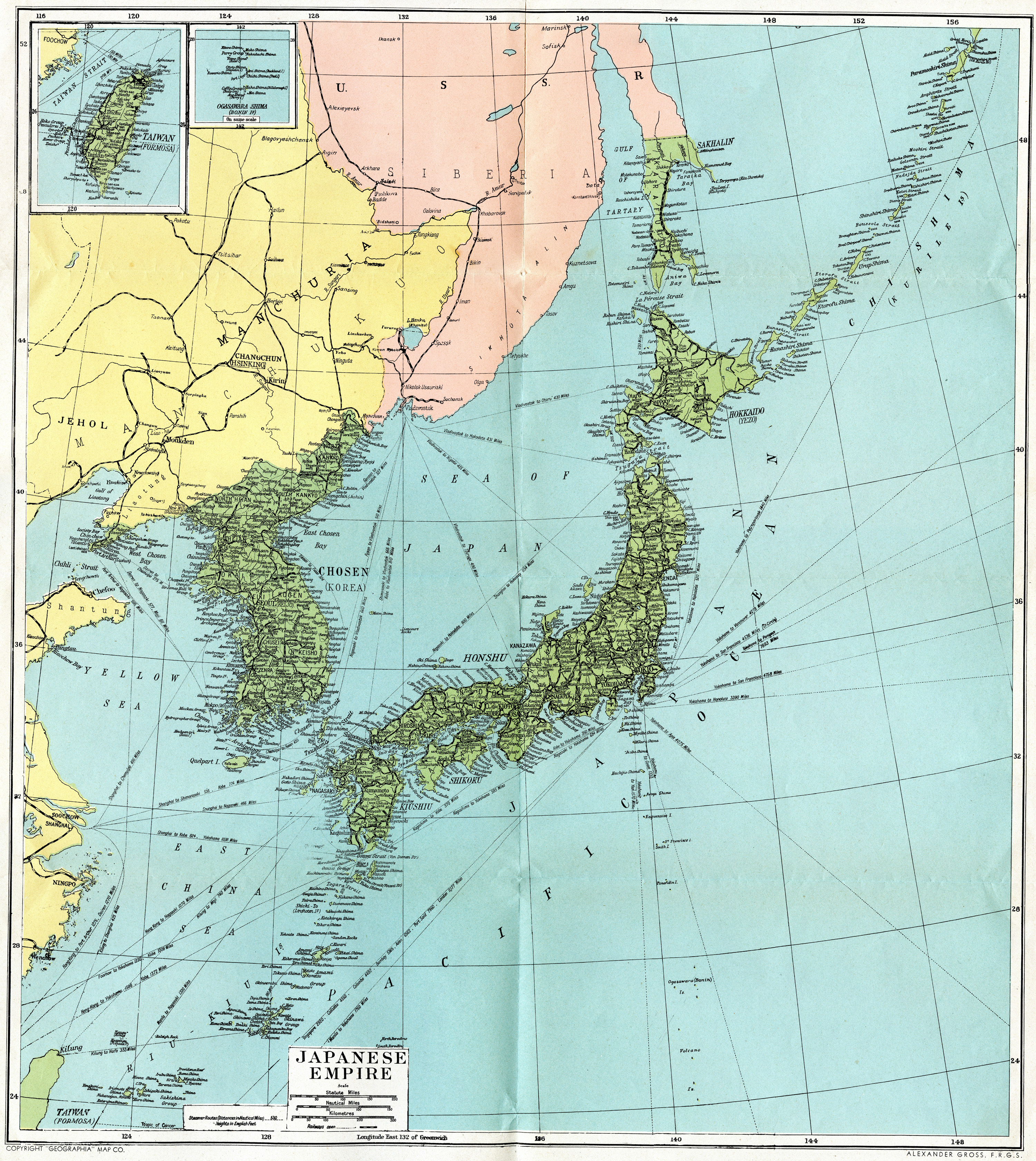By Holly Boggs 
What is a country without an army or a means to independently protect itself? The response of most right-wing Japanese diplomats would be a unified, resounding chorus: “weak.” It goes without saying, then, that the continued existence of Article 9 of the Japanese post-WWII Constitution, which forbids Japan from having a standing army or solving international issues with military force, leaves most of these politicians with an acrid taste in their mouths.
Earlier this summer, the right-wing Japanese deputy Prime Minister Taro Aso stirred world indignation with a statement suggesting that the government should learn from the Nazi regime about revising constitutions. “We should proceed quietly. One day, people realized that the Weimar Constitution had changed to the Nazi Constitution. No one had noticed. Why don’t we learn from that approach?” Though he suffered enormous international backlash and later recanted his statement, he stood by the basic premise of his argument, claiming that the intention of his statement was simply to say that all discussions of Constitutional revision should be conducted in a calm environment. According to Kyoto News, Aso clarified his original statement by explaining; “I don’t want [people] to make a decision in an uproar… The Constitution should be revised based on public opinions that carefully examined the situation. I don’t want [people] to discuss revising the Constitution in a frenzy.”
Recently, however, there has been suspicion that perhaps some of these right-wing radicals are stirring up a frenzy of their own to sway public opinion and justify the revision of the pacifist Constitution. Many members of the right-winged Liberal Democratic Party have been taking measures or issuing statements that have been seen as highly provocative to their neighboring countries.
In April, a group of 168 conservative lawmakers visited the Yasukuni Shrine, which entombs the bodies of many Class A WWII war criminals to pay tribute to the dead. While Prime Minister Abe did not accompany them this year, he did send a ritual offering and two of his high-ranking officials in his stead. Mr. Abe has defended Japan’s conduct during WWII on multiple occasions in the past, so this act only seemed to reinforce this position, serving as a slap in the face to his neighbors, China and South Korea, who suffered gravely under Japanese aggression during the Great War.
Last spring the mayor of Osaka, Toru Hashimoto, incited international fury by justifying the Imperial Japanese army’s use of “comfort women”– South Korean females who were reportedly taken from their homes and forced into prostitution. Hashimoto was quoted saying, “If you want [the Japanese soldiers] to have a rest in such a situation, a system like the ‘comfort women’ is necessary… Anyone can understand that.” The mayor’s comments ride on the back of many other accusations from Japanese politicians that attempt to defend their predecessor’s use of comfort women. Prime Minister Abe, himself, has publicly questioned in the past whether the comfort women were coerced at all despite overwhelming historical evidence that they were. The justification of such a sensitive issue to the Korean people who were traumatized by these events only serves to further isolate the two countries.
Accompanying these historically insensitive remarks, Japanese officials have incrementally escalated tension with their neighbors by continuing to dispute territorial rights to several islands in the East China Sea. The combination of throwing salt in old wounds and drawing a hard line when it comes to disputed territories only creates a recipe for disaster for Japan. Some claim they are creating a situation where military conflict is inevitable and using this as a justification to extend their limited military capabilities.
Abe’s new government has tested the limits by taking such measures as issuing a defense white paper labeling China as a main threat, calling for comprehensive abilities to counter ballistic missile attacks, and insinuating that the military could carry out pre-emptive attacks. In this past year alone, the Japanese defense system has extended spending for the first time in a decade, further underlining their intent to stray from the current Constitution.
The final, most significant factor in the Japanese rationale for revising their pacifist policies is the perpetual threat of North Korea. Seen as a destabilizing force by almost all nations of the region, this rogue-state has proven on multiple occasions that it is furthering its goal of creating a nuclear weapon despite international pressure. Though this action comes as a threat to global security as a whole, Japan seems to take it more personally than most other nations. While North Korea has never directly threatened Japan and seems to be aiming its primary target thousands of miles across the sea at the United States, Japanese officials have been vociferously shouting rebukes and calling for an expansion of Japanese missile defense systems. With every rocket since 2009 that North Korea has launched, Japanese officials have been on high alert, threatening to strike it if any debris fell on their land. While these threats have never been carried out, North Korea has taken notice each time and warned the island nation that they would take that such an attack as an act of war.
One South Korean news source, Korea Times, cuts straight to the core behind Japan’s reaction saying, “It’s a relief in this regard to watch most of Pyongyang’s counterparts react with a calmer and more cool-headed approach than they had pledged, with the probable exception of Japan, whose seeming overreaction was attributed by regional experts to domestic political circumstances, in the way they viewed the communist country’s test-fire.” The domestic political circumstances of the country has led them to intervene in an issue which some argue does not directly concern them.
There is no doubt that tensions have been stirring in East Asia. Whether intentional or not on the part of right-wing Japanese politicians, one thing is certain: the growing hostility with neighboring countries is indeed incubating an environment for Japanese militaristic sentiments to grow.


